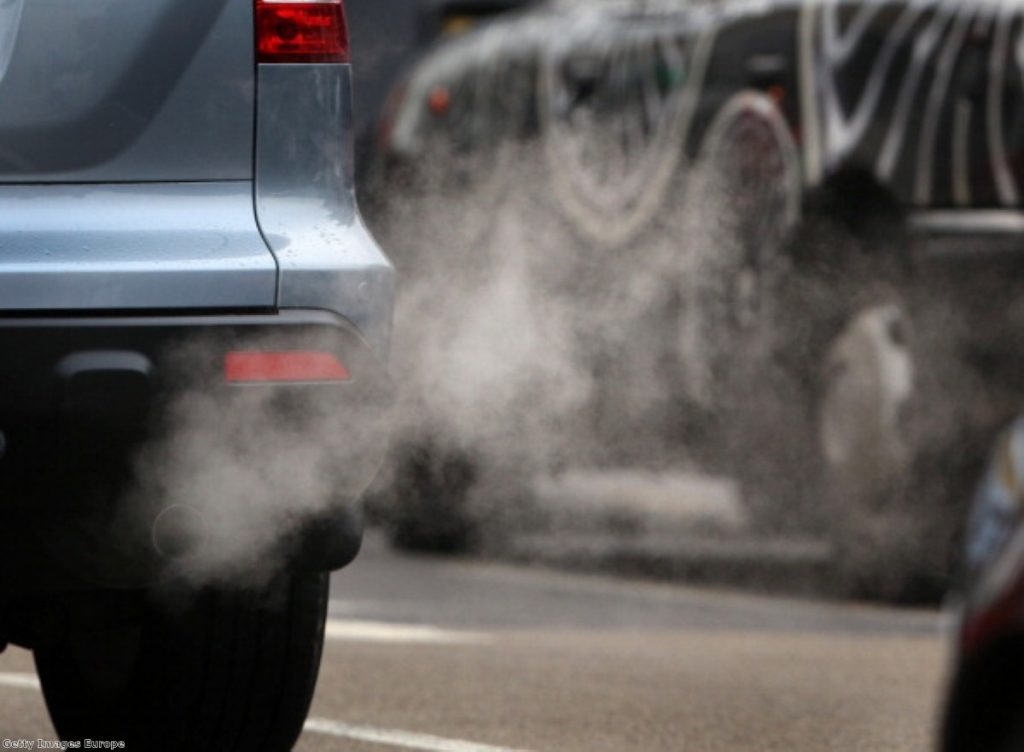The ‘war on motorists’ is a myth
The war on the motorist is over. That was the message last week from George Osborne as he announced plans to spend billions more on building roads across the country.
His announcement was quickly followed by an interview with Labour's new shadow transport secretary Michael Dugher in which he promised that drivers would no longer be "demonised" by his party.
"I want to be a transport secretary not a train-spotter and there have been too many train-spotters in the job," he told the Mirror.
But where is the evidence that motorists have been demonised in favour of public transport users as Dugher suggests?
Because if you look at this analysis by the RAC Foundation we see a rather different picture.
If there's been a war on anyone it's been on public transport users, not motorists. http://t.co/81qO0fMGr5 pic.twitter.com/TWRNMl9aKn
— politics.co.uk (@Politics_co_uk) December 9, 2014
Far from being under siege, motorists have actually seen their costs frozen and cut in real terms over the past ten years.
While some motoring costs have increased, the cost of purchasing a car has gone down massively, while the government has announced successive cuts to planned fuel duty rises.
Public transport users meanwhile have seen their costs soar year after year. Annual cuts to public transport subsidies has led to a surge in rail and bus fares.
In London alone, the price of a single bus fare has more than doubled over the past ten years, with above inflation fare rises set to continue for the foreseeable future.
Further evidence of the overwhelming priority given to drivers was contained in a report by parliament's environmental audit committee yesterday.
The report on vehicle pollution contained some welcome advice for government on how to clean Britain's filthy air. However, the main line from the report was that schools should no longer be built near trunk roads and that schools already built by busy roads should be fitted with air filters.
On the face of it this seems like sensible advice but there was something about it that jarred.
It followed similarly uncontroversial advice earlier this year at the time of the so-called 'Saharan smog' in London. As clouds of deadly fumes descended, Londoners were advised to stay inside and avoid strenuous exercise such as cycling and running. Again, this seemed fairly unquestionable, but I do wonder whether we are not getting our priorities completely upside down.
Instead of just telling people to stop cycling, walking, or studying near polluted roads, should we not be telling the polluters to do something about it as well? Are our towns to be built solely for the motor car with everyone else locked away inside with an air filter running?
These are questions that do not appear to matter much to government. None of the central recommendations in the environment committee's last air pollution report were adopted by government and no doubt these latest recommendations will be ignored as well. As one government figure told to the committee, there has not been a single case of a development being refused on air quality grounds anywhere. This report is unlikely to change that.
The reason for this is obvious. Non-drivers tend to earn less, protest less and most importantly vote less. In a battle between bus users and the one-time 'Mondeo-man' the latter is always going to come up trumps.
Because the truth is that if there has been a war against anyone in recent years it has been against the pedestrian, the cyclist and the public transport user. And in this battle, surrender appears to be the only option.





-01.png)